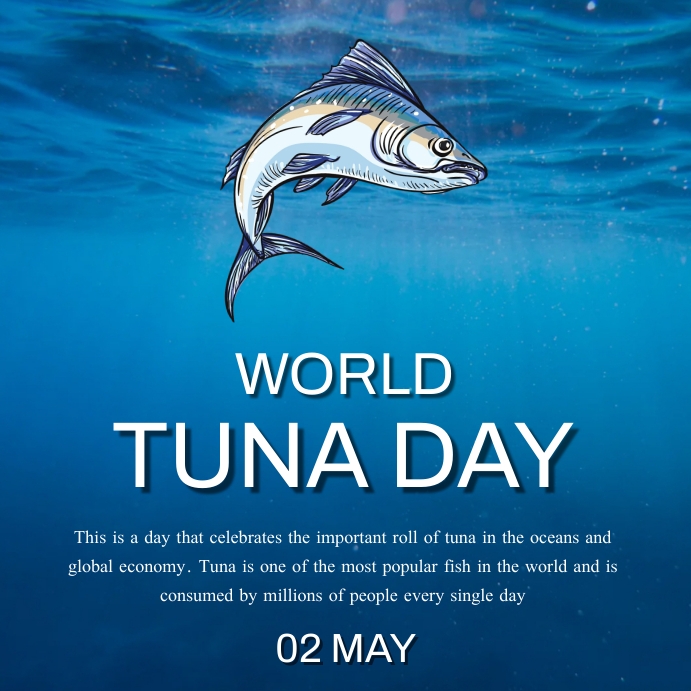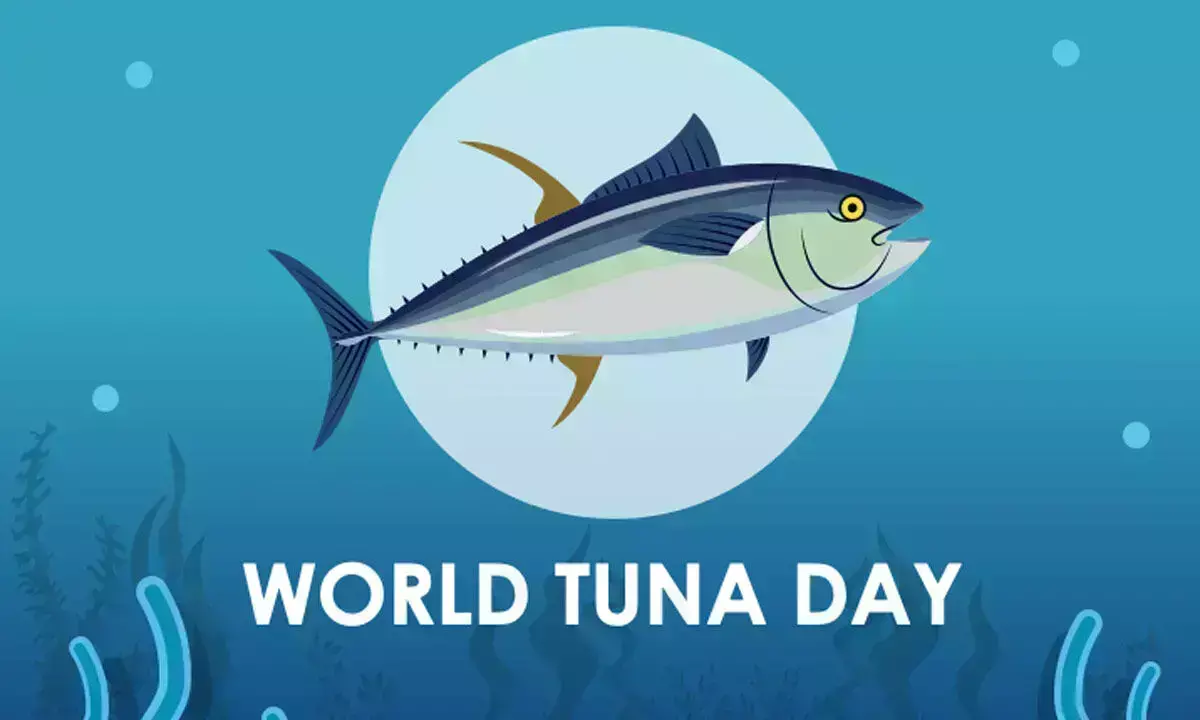Why does tuna merit such global recognition? The answer lies in their critical role in our marine ecosystems as well as being a vital food source and livelihood for millions worldwide.
Picture these incredible ocean voyagers: streamlined bodies built for speed allowing them to traverse vast seas. Tuna play a crucial role in maintaining marine ecological balance while also being integral to human society—from delectable dishes on our plates to sustaining fishermen’s livelihoods. Many coastal economies depend heavily on tuna fishing, processing, and trade.
However, this high economic value coupled with global demand places immense pressure on tuna populations. Overfishing—a term that may sound clinical—poses real threats by depleting their numbers faster than they can naturally replenish. Some species are already nearing endangerment levels, posing risks not just to themselves but also potentially disrupting entire marine ecosystems along with challenging futures for those reliant on them.

In response came World Tuna Day—not just another celebratory occasion but rather an urgent global call-to-action: scrutinize human impacts on tunas’ existence while ensuring both their survival alongside healthy oceans through sustainable practices. The UN’s intent behind this day was precisely raising awareness around tunas’ significance fostering international collaboration towards sustainable management solutions.
This observance serves as reminder—the ocean remains humanity’s shared treasure where tunas hold significant membership roles therein; safeguarding them ensures thriving populations within healthy oceans benefiting current generations’ culinary delights/economic gains alongside preserving vitality/balance across Earth’s blue heart for future progeny too! Each May 2nd prompts reflection upon actionable steps aiding these majestic beings/their azure abodes spanning scientific research/responsible fishing/international cooperation down individual choices/actions alike.


